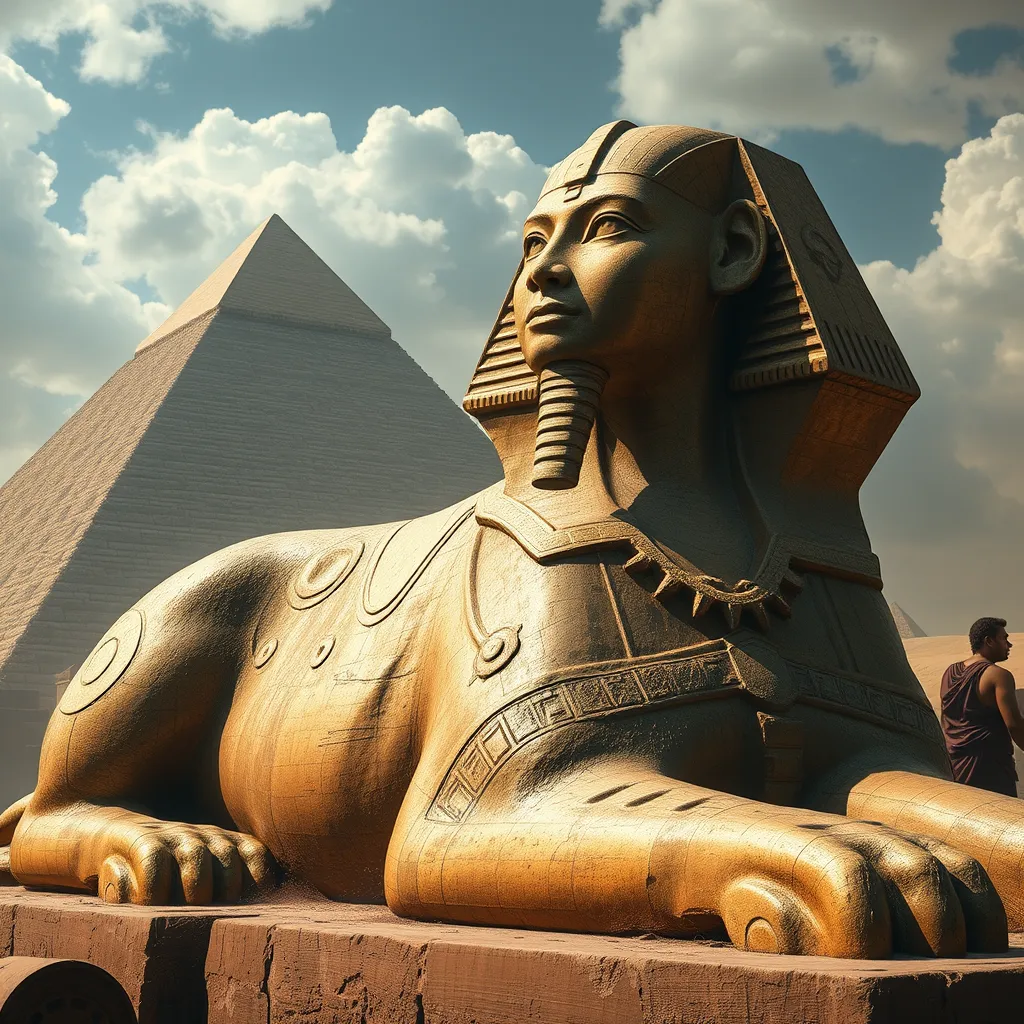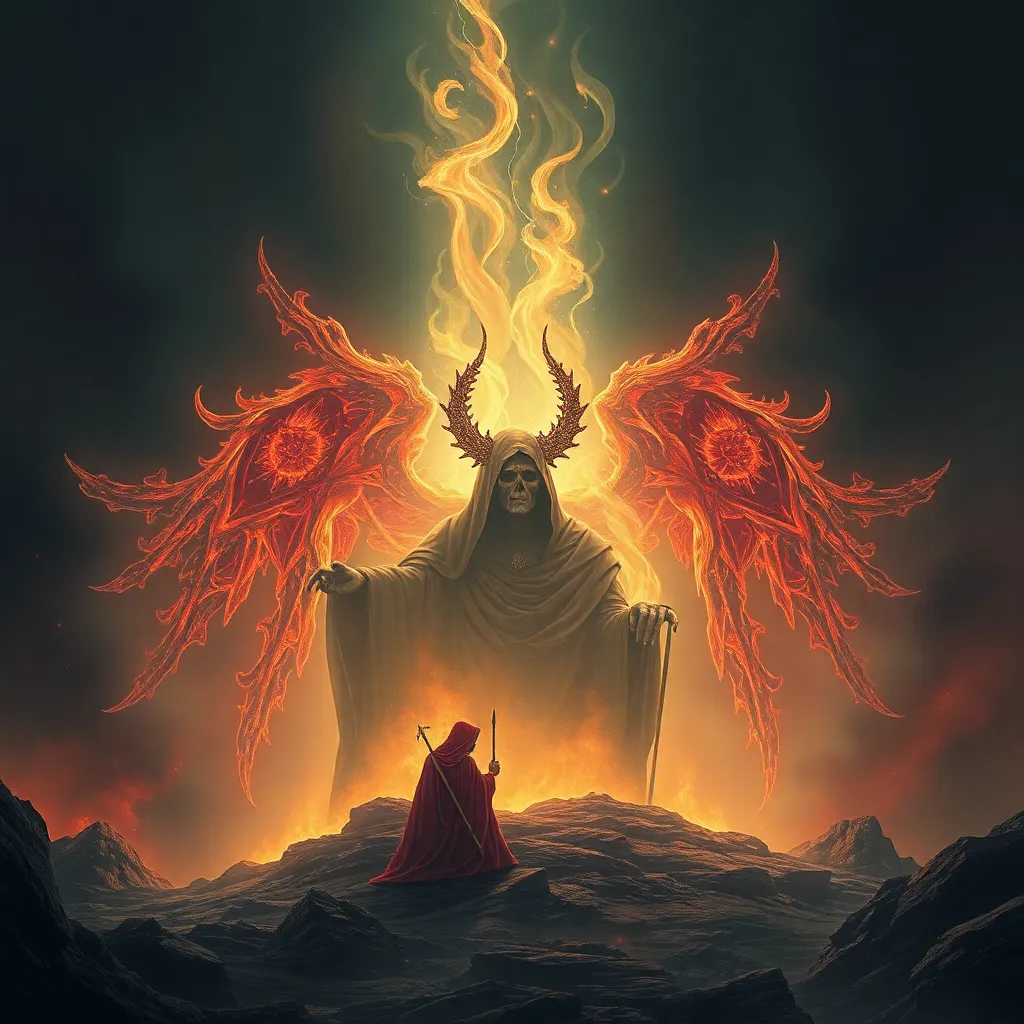The Ghostly Guardian: Examining the Protective Role of Korean Yurei in Traditional Beliefs
I. Introduction
The concept of Yurei holds a significant place in Korean culture, deeply embedded in its folklore and traditional beliefs. Yurei, often translated as “ghost” or “spirit,” refers to the souls of the deceased who have not found peace. These entities are believed to roam the earth, and their presence can evoke both fear and fascination.
The significance of Yurei in traditional beliefs cannot be understated. They are seen not only as spectral figures but as embodiments of unresolved emotions, particularly grief and longing. This article aims to explore the protective role of Yurei, examining how these spirits are perceived as guardians in the cultural psyche of Korea.
II. Historical Context of Yurei in Korea
The origins of the Yurei concept are rooted in ancient Korean folklore, which has been shaped by centuries of cultural evolution. Initially, Yurei were regarded as souls that could not transition to the afterlife due to unfulfilled desires or improper burial rites. This belief has evolved, reflecting changes in societal values and religious practices.
As time passed, the understanding of Yurei expanded, incorporating elements from Buddhism and Confucianism. While Yurei in Japanese culture are often depicted as vengeful spirits, Korean Yurei encompass a broader spectrum, including both malevolent and benevolent forms.
III. Characteristics of Yurei
Yurei are typically characterized by their ethereal appearance, often depicted as figures dressed in white funeral garments. Their hair is usually long and disheveled, adding to their ghostly presence. Common traits associated with Yurei include:
- Translucent or fog-like forms
- Emotionally charged expressions reflecting sorrow or anger
- Movement that is often slow and deliberate, reflecting their connection to the earthly realm
Importantly, Yurei can be classified as either malevolent or benevolent. Malevolent Yurei are often associated with vengeance and unrest, while benevolent Yurei, sometimes referred to as “protective spirits,” are believed to watch over their families and provide guidance.
The symbolism of Yurei in Korean mythology is profound, representing the unresolved issues of the living and the importance of honoring ancestral spirits.
IV. The Protective Role of Yurei
Yurei are often viewed as guardians of families and homes. In many traditional beliefs, it is thought that a benevolent Yurei can protect the living from malevolent spirits and misfortunes. Families may invoke the protection of Yurei through various rituals, such as:
- Offering food and incense at ancestral altars
- Performing memorial rites during specific times of the year
- Creating talismans or amulets for protection
Numerous stories and folklore highlight the protective actions of Yurei. For instance, tales of a Yurei that saves a family from a natural disaster or misfortune abound in Korean storytelling, illustrating the spirit’s role as a protector.
V. Yurei in Modern Korean Culture
In contemporary media, Yurei continue to be a captivating subject, represented in films, literature, and visual arts. Movies such as “The Wailing” and “Train to Busan” explore themes of the supernatural, often invoking the presence of Yurei to enhance the narrative.
There has been a noticeable shift in societal attitudes towards Yurei and ghostly figures. While historically feared, modern interpretations often portray them with more nuance, recognizing their protective and guiding roles. Additionally, Yurei have found a place in modern spiritual practices, where they are respected and honored in ways that reflect changing beliefs about the afterlife.
VI. Psychological and Cultural Implications
The belief in Yurei has significant implications for mental health and well-being. In times of grief, the idea that a loved one is still present as a Yurei can provide comfort to the bereaved. Stories of Yurei often carry moral lessons, serving as cautionary tales that emphasize the importance of honoring one’s ancestors and resolving conflicts.
Furthermore, Yurei play a crucial role in coping with grief and loss. The acknowledgment of Yurei as part of the ongoing relationship with the deceased allows individuals to process their emotions and find solace.
VII. Comparative Analysis with Other Guardian Spirits
Guardian spirits exist in various cultures worldwide, each embodying unique beliefs and practices. For example, Western cultures may have angels or protective saints, while Indigenous cultures often revere animal spirits as guardians. The protective roles of these spirits share similarities with Yurei:
- Both serve as protectors of individuals and families
- They are often called upon during times of crisis or uncertainty
- They embody the values and beliefs of their respective cultures
However, differences exist in the portrayal and significance of these spirits. While Yurei may have a dual nature of benevolence and malevolence, many guardian spirits in other cultures are predominantly viewed as protective entities.
VIII. Conclusion
In summary, the protective role of Yurei in Korean beliefs highlights a rich tapestry of cultural values surrounding guardianship and protection. As we reflect on the enduring legacy of Yurei in contemporary society, it becomes evident that these ghostly figures continue to resonate with people, offering insights into the human condition.
Understanding the cultural beliefs surrounding Yurei enhances our appreciation for the complexities of life, death, and the relationships we maintain with the past. In a world that often grapples with loss and uncertainty, the Yurei serve as a reminder of the protective bonds that transcend the physical realm.



